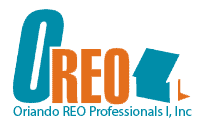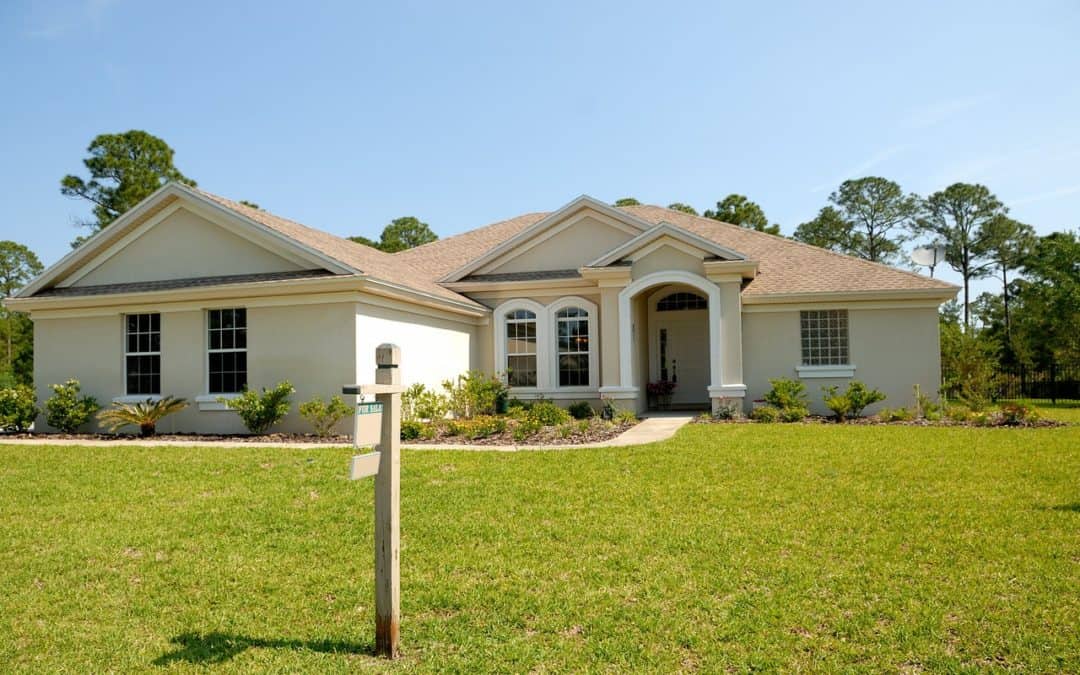Every property matters in the realm of real estate, including bank-owned properties. Because of this, the market’s market’s current status is pushing investors to buy more bank-owned properties. On the other hand, Consumers are also considering this option to get into the real estate market.
Banks are the largest owner of properties globally, and they can sell their properties to the market. Buying bank-owned property is the best way to get a cheap investment. However, there are special considerations that buyers have to make.
This article will tell you what you should know about bank-owned properties. Read on below to get started.
More about Bank Owned Properties
Bank-owned properties are precisely what they sound like: properties owned by banks. In those cases, the banks are usually trying to recover the debts taken out by the previous owners. The most common debts are mortgages, credit cards, and car notes. In all instances, the bank owns either the property or the debt, not both.
Your bank may own the property if you have a mortgage or loan. The bank doesn’t own the property per se, but they own your debt. However, there are situations when banks can take a court’s decision and seize the property.
Difference from Foreclosures
A common misconception about bank-owned properties is that they’re perceived as a foreclosure. This is not the case because foreclosure is the seizing of a property from the owner by the lender. The lender does this if the borrower defaults on their loan, and the bank will then auction the property to get a fair purchase price. In short, the house is not owned by the bank. The mortgage was not paid, the house was seized, and the bank will sell it. A foreclosure is considered a loss.
Bank-owned properties are what you see in a foreclosure situation, but they’re not the same. For example, the bank may be trying to recover their investment and their debts.
While foreclosure is a common issue to homeowners, it’s also a common practice for banks and lenders. If you still have a loan on a property you own, a foreclosure is possible. To prevent this from happening, you should find a way to repay your debt.
Advantages of Buying a Bank Owned Property
The main selling point of a bank-owned property is that it’s cheaper. This is because banks are trying to recover their investments and pay off their debts. On top of this, most banks make it a policy to sell off the bank-owned properties as soon as they can. This is why the market is saturated with bank-owned properties.
There are other advantages to bank-owned properties, but the main point is that you can get a cheap property for a lower price than any other property. If you’re new to real estate investing, this is the best way to start.
Disadvantages of Buying a Bank Owned Property
While buying a bank-owned property may seem perfect, it’s not without its faults. One of the disadvantages of buying a bank-owned property is that you don’t know what you’re getting into since banks do not inspect properties. As a potential buyer, you will have to go through inspecting the property. The bank is not liable for any defects, so you’ll be doing this independently.
Another disadvantage is that you’ll be in the dark about the property and its history. In some cases, bank-owned properties were the subject of a foreclosure, but the bank failed to disclose this information to buyers.
The only way to fix this is by looking for a property history report. This report will tell you if the property has been foreclosed on or any pending lawsuits.
Conclusion
You should be aware that buying a bank-owned property is not the same as purchasing a property as to how it’s typically done. While both are cheaper than other real estate properties, there are too many differences to ignore. It’s recommended that you consult a real estate agent with experience in handling bank-owned properties.
If you’re looking for bank-owned homes in Clermont, FL, Orlando REO Professionals has got your back! We have a wide range of available properties that are up for grabs, and any of them could be yours. Simply contact us at (407) 247-8559 or via email at info@o-reo.net to get started!

